"The three main parameters to take into account when striving for optimum mushroom cultivation are temperature, humidity and CO2. The accurate control of these variables is only achieved with modern facilities. In Spain, many mushroom farms have become obsolete, and growing traditional crops without climate control can make it difficult to deliver a good service and a quality product.
Extreme temperatures in both winter and summer will make it impossible to supply mushrooms for 365 days a year and to meet the market's constant demand. Also, the investment in quality compost is essential if we want guarantees of success, but this entails a high cost," says Sergio Pinto, commercial director of Neofungi
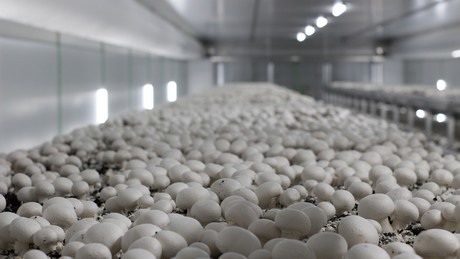
The Neofungi group is the largest Spanish producer of mushrooms intended for fresh consumption, with a market share of over 50%. This second degree cooperative is integrated by Champínter and Mercajúcar, which have different, but complementary work models. Together they reach an annual production of 30 million kilos of fresh mushrooms of many varieties, including regular ones, Portobello or Shiitake.
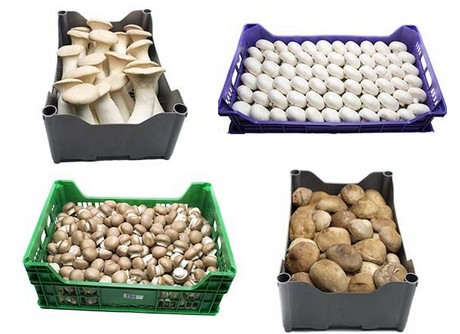
"Regular mushroom consumption is growing at a slower pace than that of certain varieties of oriental origin, such as the Shiitake or Pleourotus eryngii. Although Spanish consumption is still much smaller than in other countries, it continues to grow each year. Their many nutrients, low caloric intake and multiple health benefits are making mushrooms increasingly popular in the West. They are also a delight for even the most demanding palate," says Sergio Pinto.
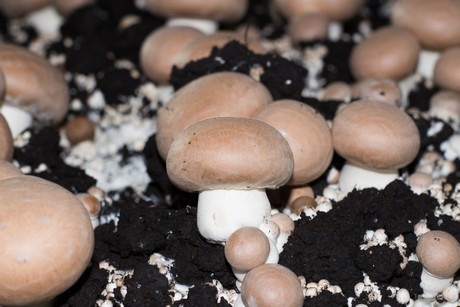
"The consumption of these 'new mushrooms' boosts the consumption of traditional ones, instead of taking part of their market share. The consumption of Portobello mushrooms, for example, has increased by 15% without this being detrimental to the classic white champignon. Neofungi is mainly devoted to the production for fresh consumption. A rigorous control of the entire process translates into sanitary guarantees backed by certifications, which are essential in a demanding market.
We keep all processes under control, from the elaboration of the seed in the lab to the processing of the exhausted compost and the production of our own compost. We make use of the latest air conditioning technology, with which we control the temperature, humidity and the CO2 in each phase of the crop's growth. This is a guarantee of service, health and quality," says Sergio Pinto.
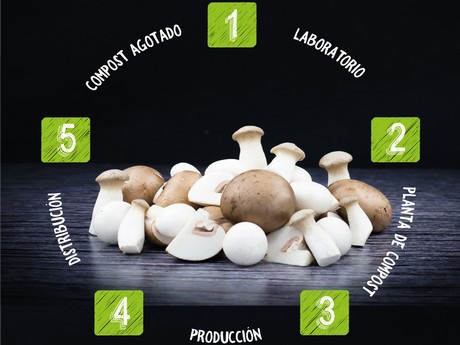
The importance of the circular economy in the cultivation of mushrooms
"We are currently the most modern compost plant in Spain and we are among the top eight in Europe. Our climate-controlled cultivation fosters a circular economy, causing the compost waste to be returned to the field. This model, in addition to being sustainable, is a vital health guarantee," says Sergio Pinto.
More information: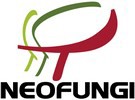
Sergio Pinto, commercial director
NEOFUNGI
Camino Quintanar S/N
02636, Villalgordo del Júcar, Albacete. Spain
T: +34 967 455 094
[email protected]
www.neofungi.es










